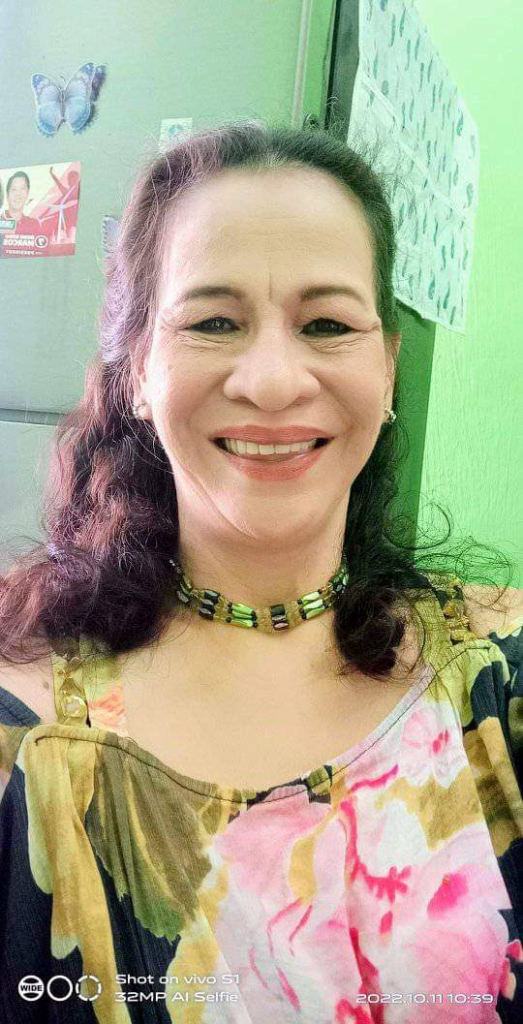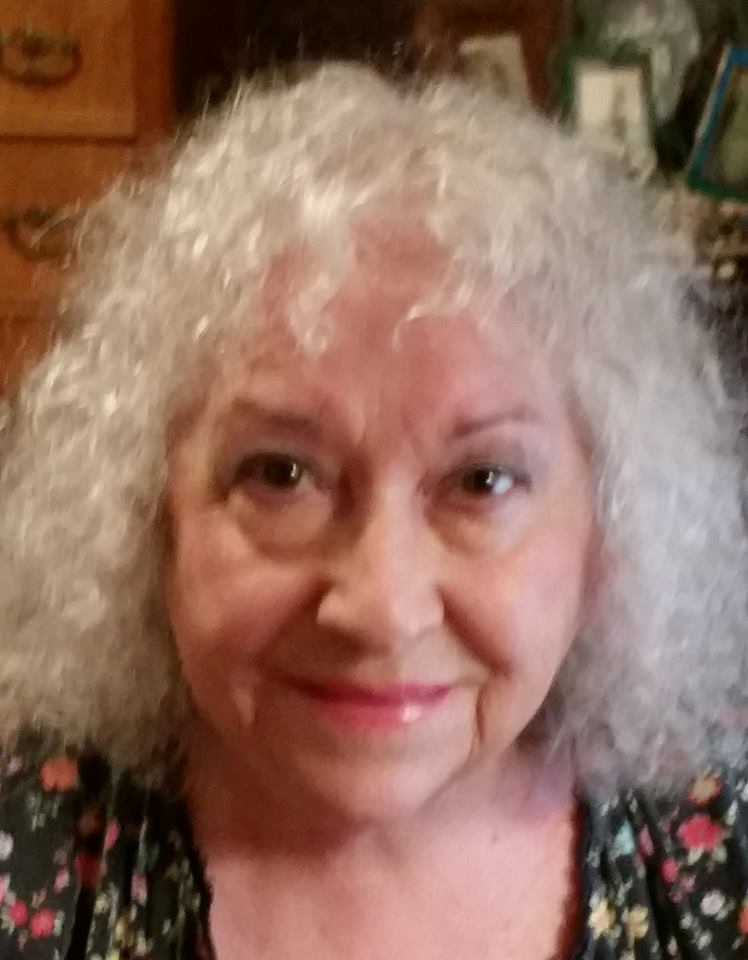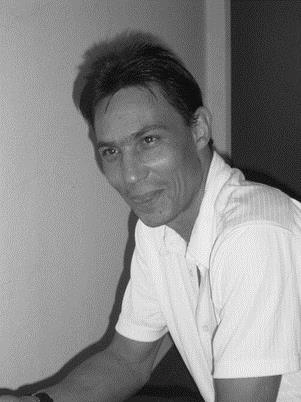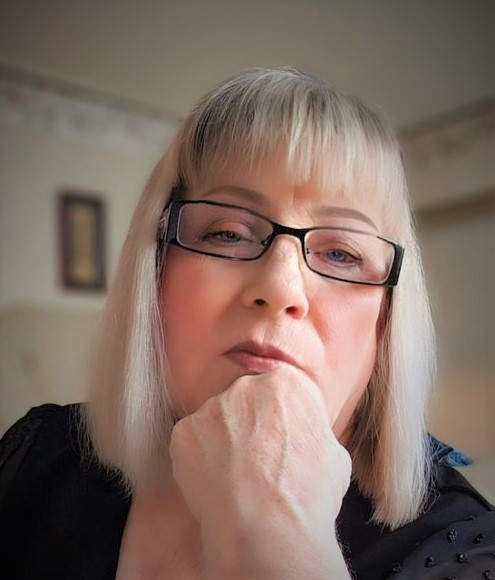
A Baby
A baby knows no race
A baby knows no scent
A baby knows no cloth
A baby knows no ideas
A baby knows a warm lap
A baby knows warm embrace
A baby knows a gentle hum
A baby knows what love is
A baby knows any language
A baby knows contentment
A baby knows peaceful sleep
A baby knows beautiful dream
A baby knows a heart that’s true
When have we stopped being a baby,
Stopped knowing what matters?
When have we stopped feeling,
Stopped having a baby’s wisdom?
Don’t Be Afraid
Summer nights, cool breeze flows to caress
Moon and stars hidden above the trees
Darkness hid the shadows of life
Eyes blindfolded not by silky scarf
Don’t be afraid of the absence of the sun
Summer nights when stars are hidden above
Where is North, where is the Perseus god?
No torch to guide one’s stumbling on a path
No flames of bonfire crackling to give one warmth
Don’t be afraid with the feeling of being lost
Summer nights stranger alone and young
A child scared of the unknown night sounds
Yet twinkling lights were seen flying near and free
Fireflies are so gentle to keep you company
Don’t be afraid, you’re never alone even in the dark
Don’t be afraid though your eyes seem blind
Don’t be afraid though you feel lost and cold
Don’t be afraid of being alone in the dark
You are never alone, just wait and believe
Don’t be afraid, you are protected. Don’t you see?
Lilian Dipasupil Kunimasa was born January 14, 1965, in Manila, Philippines. She has worked as a retired Language Instructor, interpreter, caregiver, secretary, product promotion employee, and private therapeutic masseur. Her works have been published as poems and short story anthologies in several language translations for e-magazines, monthly magazines, and books; poems for cause anthologies in a Zimbabwean newspaper; a feature article in a Philippine newspaper; and had her works posted on different poetry web and blog sites. She has been writing poems since childhood but started on Facebook only in 2014. For her, Poetry is life and life is poetry.
Lilian Kunimasa considers herself a student/teacher with the duty to learn, inspire, guide, and motivate others to contribute to changing what is seen as normal into a better world than when she steps into it. She has always considered life as an endless journey, searching for new goals, and challenges and how she can in small ways make a difference in every path she takes. She sees humanity as one family where each one must support the other and considers poets as a voice for truth in pursuit of equality and proper stewardship of nature despite the hindrances of distorted information and traditions.



